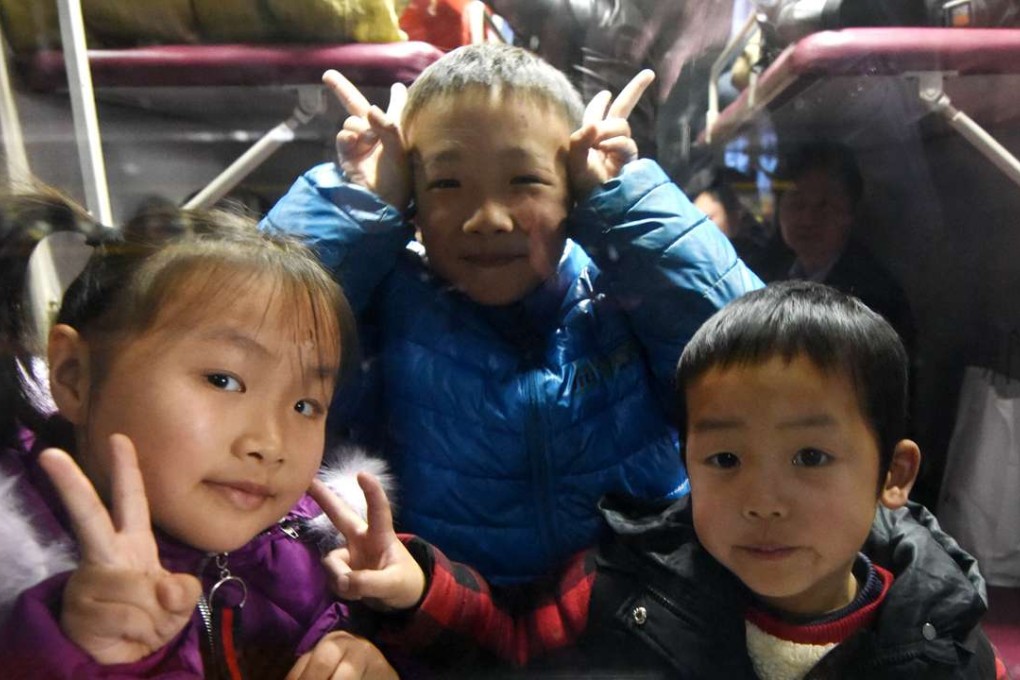China looks at making surrogate motherhood legal
State media article considers measure as means of dealing with ageing population and shrinking workforce

State media has published a rare, lengthy analysis on the possibility of legalising non-commercial surrogate motherhood to support the two-child policy.
In the article, People’s Daily said many people believed relaxing regulations around surrogacy could help give more families a second child. It quoted experts who said surrogate motherhood should be considered an option in cases such as high-risk pregnancy and infertility.
The mainland scrapped its decades-old one-child rule last year to allow couples to have two children, in a bid to offset the effects of an ageing population and dwindling labour force.
The mainland recorded 18.46 million births last year, the highest number in 17 years. But these figures were below previous estimates of 20 million births.
The labour force – those aged 16 to 59 – continued to shrink for the fifth year in a row in 2016, losing about 3.49 million workers. Additionally, the mainland had 230.86 million people aged 60 or older at the end of 2016 – up from 222 million a year earlier.
The article by People’s Daily published on Friday said that among the 90 million families that could theoretically have a second baby.